Interstitial Lung Disease (ILD) Program
Interstitial lung disease (ILD) is a broad category of lung diseases that includes more than 130 disorders characterized by scarring (i.e. "fibrosis") and / or inflammation of the lungs.
Interstitial Lung Disease Center
The National Jewish Health Interstitial Lung Disease Center for Patient Care, Education, Discovery and Innovation is one of the largest interstitial lung disease (ILD) centers in the country. We evaluate and treat thousands of patients each year. Our team of lung specialists partner with patients and their caregivers to develop customized, comprehensive care plans based on the latest research and treatment options. Our goal is to help our patients live full and active lives.
Transcript
Getting the Right Diagnosis for ILD
Interstitial Lung Disease can take on many forms. Figuring out if a patient has ILD, and which form, can be challenging. Our team of specialists has a deep understanding of ILD and vast experience diagnosing and treating patients with this complex condition. By integrating clinical information, data generated by our world-class Pulmonary Physiology Services and our >Institute for Advanced Biomedical Imaging, we are able to accurately diagnose every type of ILD.
Our Mission
The mission of the National Jewish Health Interstitial Lung Disease Center for Patient Care, Education, Discovery and Innovation is to:
Diagnose and treat patients with (ILD), in any of its many forms
Partner with ILD patients and their loved-ones to develop and oversee comprehensive care plans focused on improving their quality of life
Educate the community at large about this complex group of lung disorders
Train the next generations of ILD experts how to diagnose ILD and compassionately care for ILD patients
Partner with investigators inside National Jewish Health, across the nation and around the world in the use of cutting-edge technologies and innovative research methods aimed at improving understanding of how ILD develops and why it progresses
Discover interventions aimed at it improving how patients with ILD feel and function in their daily live
Conditions We Treat
At National Jewish Health, we diagnose and treat all forms of ILD, including:
Alveolar hemorrhage syndromes (e.g., idiopathic pulmonary hemosiderosis, diffuse alveolar hemorrhage)
Fibro-inflammatory airways diseases (e.g., bronchiolitis obliterans and follicular bronchiolitis)
Chronic eosinophilic pneumonia (see hypereosinophilic syndromes)
Connective tissue or autoimmune disease-related ILD (e.g., ILD related to Rheumatoid arthritis, Systemic sclerosis (Scleroderma), Dermato/polymyositis, Sjӧgren’s syndrome, Mixed connective tissue disease, inflammatory bowel disease)
Cryptogenic (or known-cause) organizing pneumonia (COP or OP)
Granulomatous interstitial lung disease (e.g., sarcoidosis, GLILD or Granulomatous Lymphocytic Interstitial Lung Disease)
Idiopathic interstitial pneumonia (e.g., Idiopathic nonspecific interstitial pneumonia, acute interstitial pneumonia, desquamative interstitial pneumonia, respiratory bronchiolitis ILD, lymphoid interstitial pneumonia)
Pleuroparenchymal fibroelastosis
Pulmonary Langerhan’s cell histiocytosis (formerly Eosinophilic granuloma or Histiocytosis X of the lung)
Systemic vasculitis (e.g., ANCA-associated vasculitis including Granulomatosis with polyangiitis (formerly Wegener’s granulomatosis) or Eosinophilic granulomatosis with polyangiitis (formerly Churg Strauss syndrome))
ILD Research
We offer every patient we see the opportunity to participate in research. We believe the path to discovery in ILD involves partnering with patients to advance understanding of ILD, including its epidemiology, natural history, prognosis and treatment. Our team of researchers is committed to studying ILD from every angle using multiple innovative approaches. Together, with our patient research participants, we will continue to blaze new trails of discovery and innovation in ILD.
Doctors
-
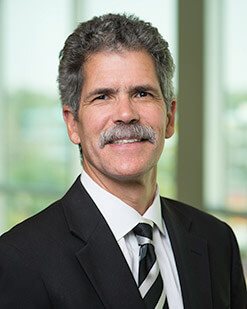
Kevin K. Brown, MD
-
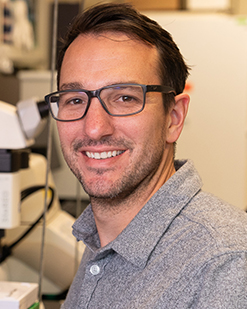
Joseph Cooley, DO
-

Gregory P. Downey, MD, FRCPC
-
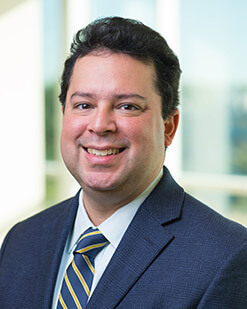
Evans Fernández, MD, MS
-
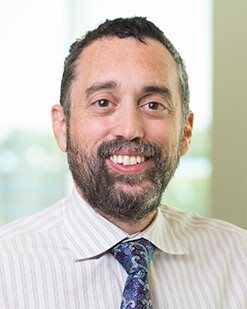
Stephen K. Frankel, MD, FCCM, FCCP
-
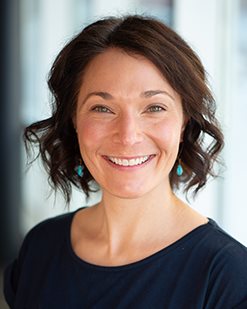
Cori Fratelli, MSN, FNP-C
-
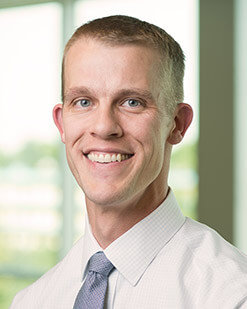
Tristan J. Huie, MD
-
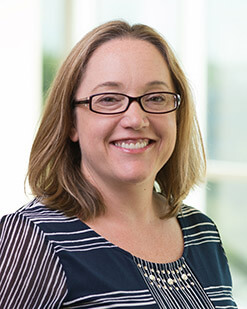
Rebecca C. Keith, MD
-
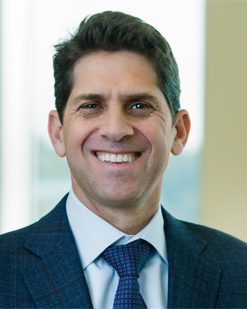
Matthew Koslow, MD
-

Richard T. Meehan, MD, FACP
-
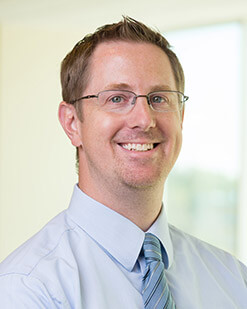
Michael P. Mohning, MD
-
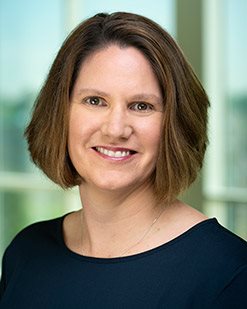
Amy O'Connell, MS, CCC-SLP
-
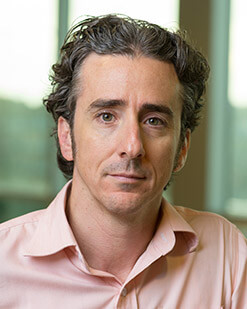
Joshua J. Solomon, MD
-

Jeff Swigris, DO, MS
-
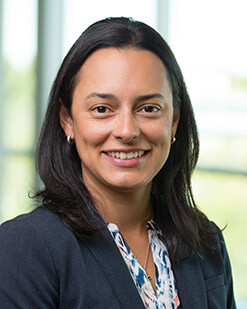
Zulma X. Yunt, MD
 Clinical Trials
Clinical Trials

Idiopathic Pulmonary Fibrosis (IPF) & GERD
The purpose of this study is to measure and accurately identify the presence and severity of gastroesphageal reflux disease (GERD), commonly called acid reflux, in idiopathic pulmonary fibrosis (IPF) patients using the Supraglottic Index (SGI).
Learn More- ASPIRE: Potentially Slowing Lung Fibrosis in IPF
- Healthy Adults Needed for Beryllium Disease Study
- Identifying Characteristics and Patterns of Asthma
- Investigational Gene Therapy for Adults with CF
- Lung Injury from Military Deployment
- New Trial Medication for Pulmonary Arterial Hypertension
- Predict and Prevent Lung Disease
- Pulmonary Fibrosis & Genetic Factors
- Skin, Airway & Esophageal Epithelial Barriers in Youth
Reasons to Choose National Jewish Health
- The leading respiratory hospital in the nation and the only one devoted fully to the treatment of respiratory and related illnesses
- Ranked #1 or #2 in Pulmonology by U.S. News & World Report for 26 consecutive years
- Ranked in the top 5% of hospitals in the nation by HCAHPS
- Physicians consistently recognized among the best in the nation by multiple services, including Best Doctors in America and Castle Connolly
- Among the top 6% of organizations funded for research by the NIH, providing patients access to hundreds of active clinical trials
- 124-year history of focus on care, research and education serving patients from around the world with lung, heart, immune and related disorders

Changing Gears and Adding Years: A Hot Rodder’s Recovery Story
Changing Gears and Adding Years: A Hot Rodder’s Recovery Story
Read More